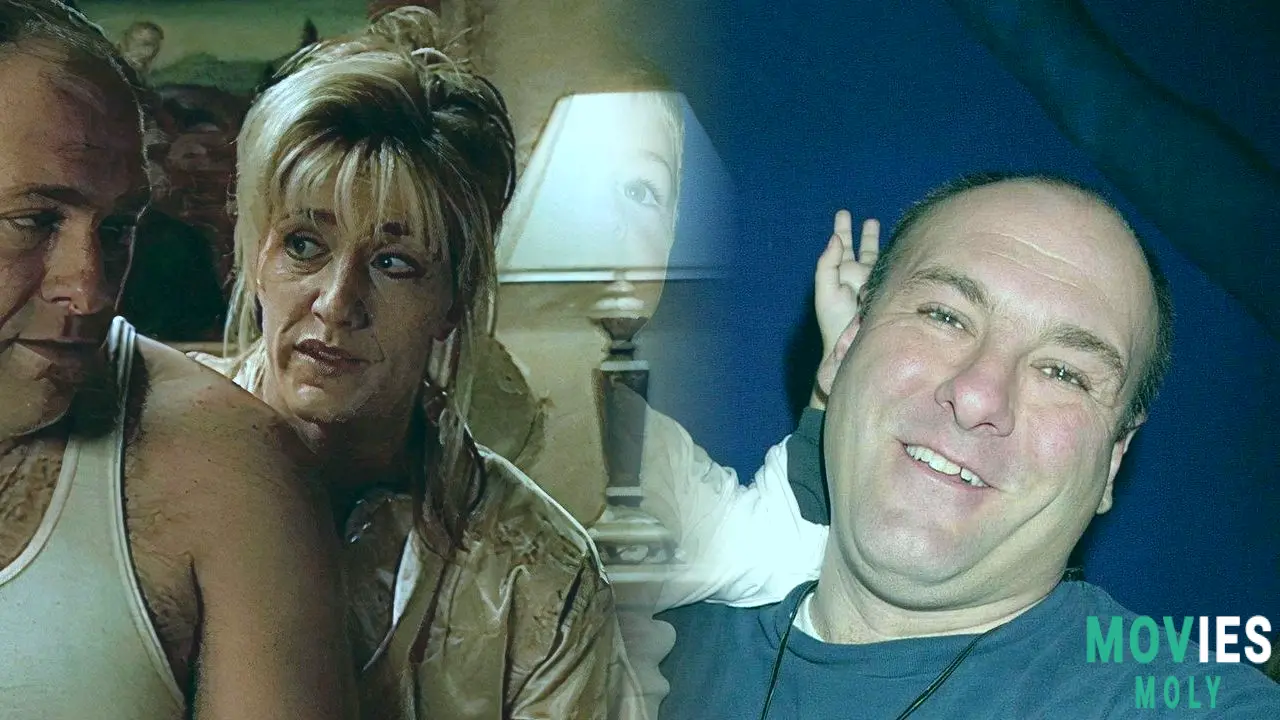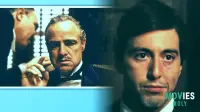“Tony was a role, and there were many layers to what my dad was doing with the character.” — Michael Gandolfini
Few legacy continuations in pop culture hit as deeply as Michael Gandolfini stepping into the shoes of a young Tony Soprano. Not simply because of the iconic weight the character carries, but because of the emotional and creative distance Michael had to bridge from his father, James Gandolfini — a distance that was deliberately maintained during the entire run of The Sopranos. And that very separation is what made Michael’s connection to the character, and the series, so uniquely powerful.
How James Gandolfini Protected His Son Allowed Michael To Find His Own PathBorn in 1999, the same year The Sopranos premiered, Michael Gandolfini grew up alongside the cultural rise of his father’s career. Yet, when he visited the set, he wasn’t allowed to roam freely. As Michael recalls, he stayed in James’s trailer with a “little drawer of toys” to keep him occupied. The reasoning? Not only to shield him from the show’s brutal violence and profane language, but also to give him a chance to be a kid — and more importantly, to let him discover acting on his own.
“Being excluded on set drove me crazy,” Michael admitted in a recent interview with The Wall Street Journal. But that frustration would later turn into something invaluable. James Gandolfini didn’t want his son to rely on him or to be influenced by his presence. He wanted Michael’s journey into acting to be authentic. And that level of parental foresight in the middle of a groundbreaking show’s production is nothing short of remarkable.
Playing Young Tony Soprano Was A Transformative Experience — In More Ways Than One
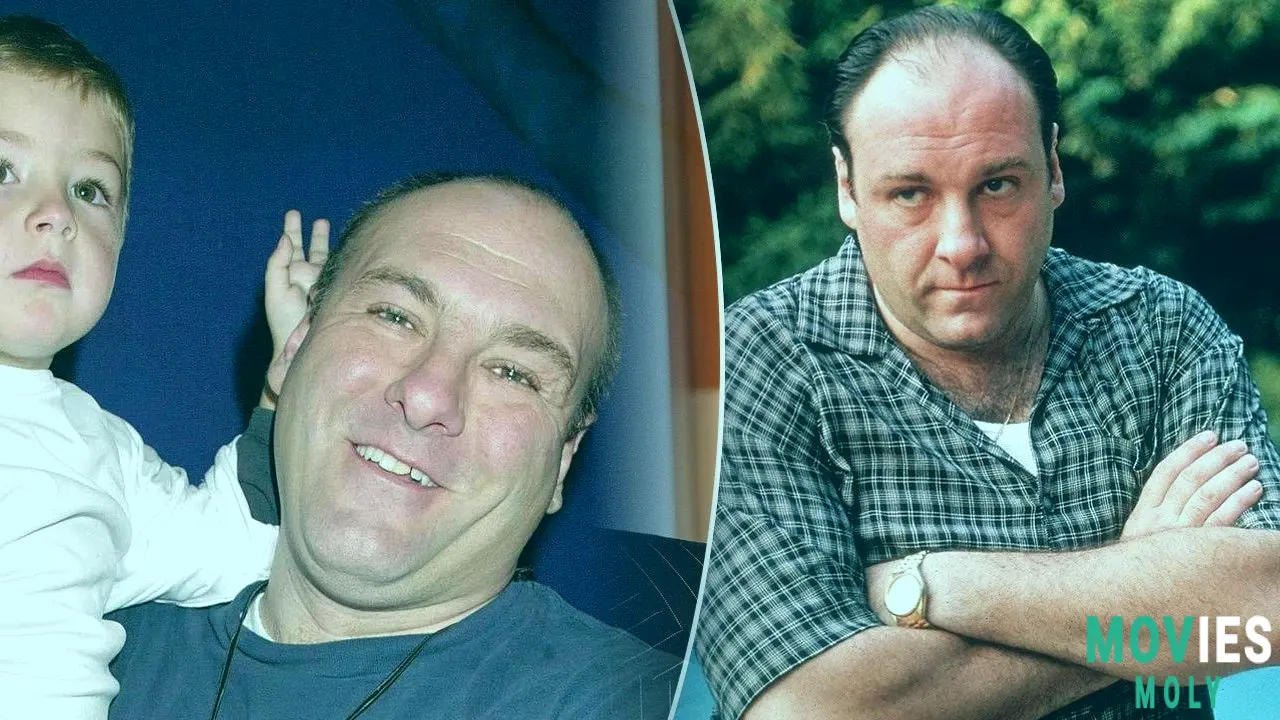
When Michael took on the role of young Tony in The Many Saints of Newark, the Sopranos prequel film, he did so without the emotional baggage of having grown up watching the show. In fact, he hadn’t even watched an episode until he began prepping for the role. “Going through the series to prep wasn’t like watching home movies,” he said. It was — by his own description— a study in character deconstruction.
And that’s where Michael’s performance truly shines. He wasn’t merely imitating his father’s Tony Soprano. He was interpreting him. Exploring the layers. Understanding the role as separate from the man who originally made it legendary. “Tony was a role, and there were many layers to what my dad was doing with the character,” Michael explained. This distinction is crucial. It elevates Michael’s work from homage to artistic continuation.
Michael Gandolfini’s Career Is Just Beginning — But It’s Already Intertwined With Legacy
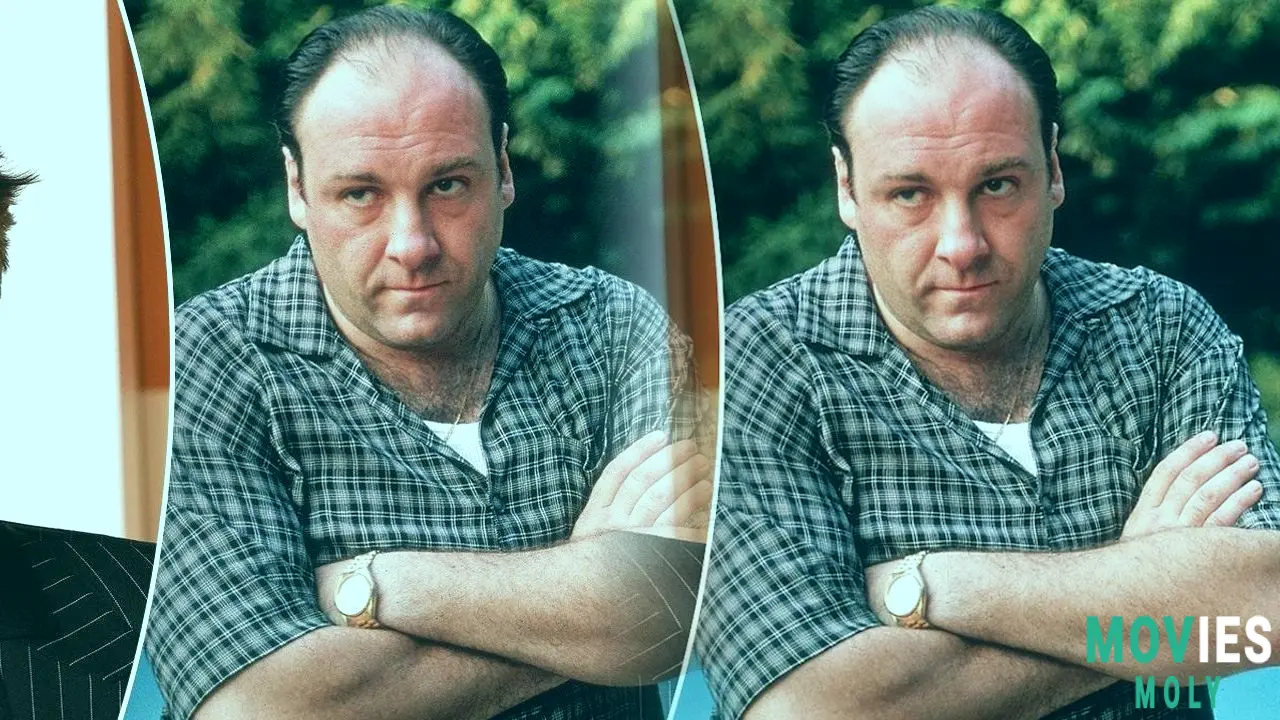
Since The Many Saints of Newark, Michael Gandolfini has taken on roles that further cement his own identity in the industry — including the recent Daredevil: Born Again series. And while comparisons to James are inevitable, Michael’s trajectory shows a conscious effort to carve out his own space. A space that, ironically, is still connected to his father’s legacy through one of the most iconic characters in television history.
When asked about the possibility of a new Sopranos project, Michael was clear: “It’s David’s universe. It’s up to David, ultimately.” He even expressed a desire to work with creator David Chase again. But about Tony Soprano, he says the character is likely “set to rest now for good.” And maybe that’s for the best. Because as Michael Gandolfini continues to grow as an actor, so does the legacy—not by revisiting Tony, but by evolving beyond him.
The Sopranos Universe Continues To Thrive Through Emotional Truths Like This
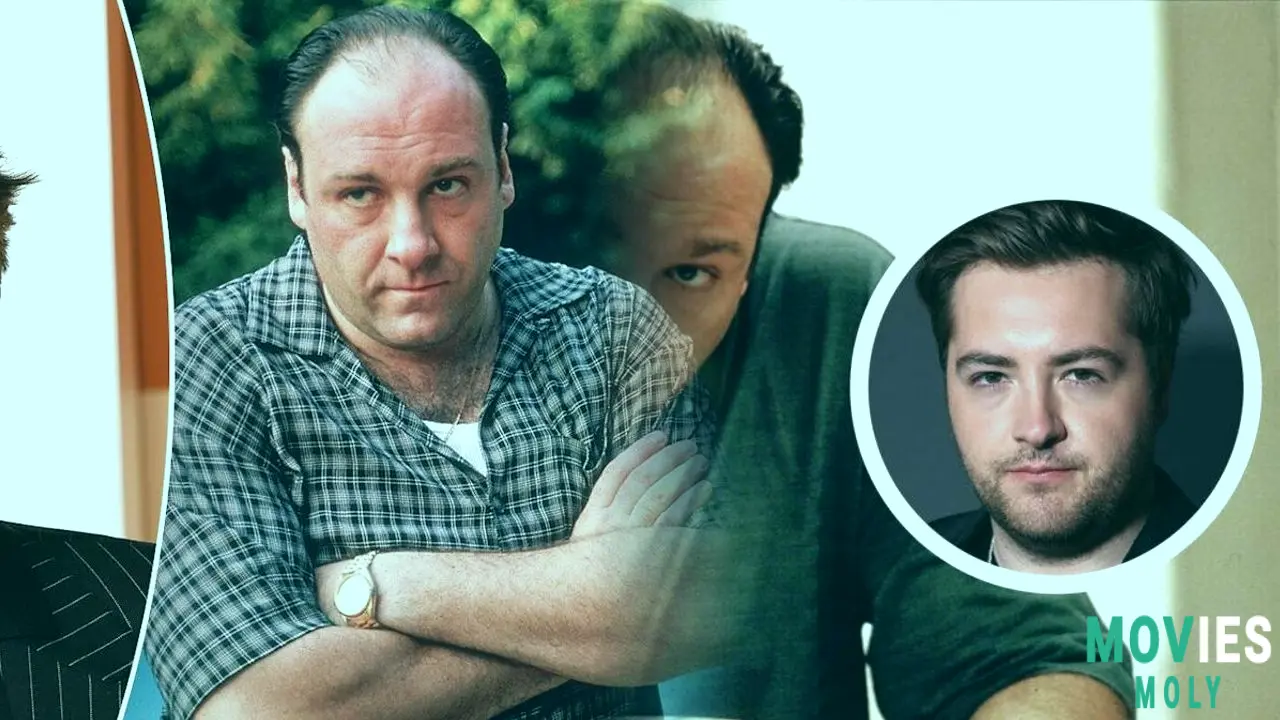
What makes Michael Gandolfini’s story so resonant with fans of The Sopranos — and really with anyone who loves legacy storytelling — is its honesty. It’s not about bringing Tony back. It’s not about rehashing old glory. It’s about respecting the layers— of character, of creator, and of personal history. Just like the show itself, which peeled back the layers of masculinity, power, and vulnerability, Michael’s journey peels back the layers of legacy, protection, and personal growth.
James Gandolfini kept his son away from the set so that Michael could have his own story. And now, Michael Gandolfini stands not only as a testament to his father’s incredible work, but as proof that real legacy isn’t about repetition—it’s about transformation. In a world full of reboots and sequels chasing past success, that’s a truth as powerful as anything Tony Soprano ever said.

